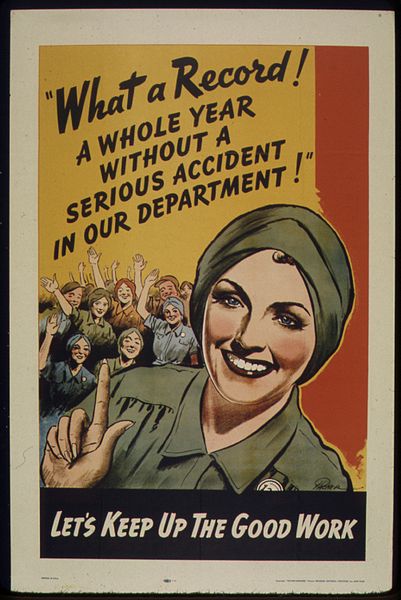I find myself in the wake of a week that almost took me out. No, not because of a raucous birthday celebration (I’m now 21+1, pop the champagne) or because it is the infamous pre-Spring Break midterm season. Though the hype around the sexual assault that launched 1000 activists has died down slightly, folks like myself who aim to make BU a safer place are still working ourselves into the ground. And we’re happy to do it.
Last week, I wrote a post about the incident that was misinterpreted many times over. I’m here to say, in no uncertain terms, that I was never intending to silence any survivor’s voice. I chose to focus on my personal exhaustion over the lack of a suitable response at BU because I wanted people to know that I’m not going to stop this fight, no matter how tired I am. But it came out wrong; it sounded like I didn’t care anymore and that survivors are a burden to me, and for that, I apologize. If I had my way, every disclosure of an assault would be met with compassion and love. Alas, I can’t promise that that will be the case.
Moving forward, I intend to focus more heavily on the privileges and the cultural quirks of college (and BU) that make students just a little less safe. Recently, Margaret Ross, director of Behavioral Medicine, was quoted in the Daily Free Press stating, “The most important concern is that every student should feel safe…anything that interferes with that is something BU needs to address actively.” We live in a microcosm, that of a very urban university, that reflects current culture’s view that sexual assault in college is still a youthful indiscretion on the part of the attacker. We forget survivors and their needs until we want to blame them for getting attacked. Even more tragically, alcohol consumption and our supposed “party culture” are listed as causal factors, rather than factors that help attackers attack and allow survivors to blame themselves for something that was never their fault.
I want to check your safety privilege. If you have gone to a party and lasted the whole night without feeling like you need to protect yourself or your friend from someone “creepy”, for example, then you possess safety privilege. If you can walk late at night without once thinking that you might be in danger, you have safety privilege. If you never have to think about going out in a group for safety, watching your drink at the bar, being groped in a crowd, or having to worry about catcalls when you walk, then you have safety privilege. Mazel tov to you for that; it’s a wonderful lightness to feel so safe in your environment. However, you’d be hard-pressed to find a woman or transperson on this campus who has felt this way without exception. If you are of a minority race or sexuality, you probably are in the same boat. I speak not only from my own experience, but from countless others who spoke in the town hall, privately to me, and in casual conversations I’ve been having for years.
And that, readers, is one fraction of rape culture. No quotes around the term this time – rape culture is a very vivid reality today. If you have never felt unsafe, you are lucky, and you have a responsibility to make others feel more safe. Your friends, lovers, TAs, and peers are not so lucky, whether they feel comfortable admitting or not. Use your privilege to help others – at a time when many of us are feeling less safe than ever, you have a duty to your community to do so.
I want to hear your opinions, your stories. I have only my own perspective from which to speak: one of being biracial, queer, survivor, and a feminist. Your experiences drive this conversation forward.

